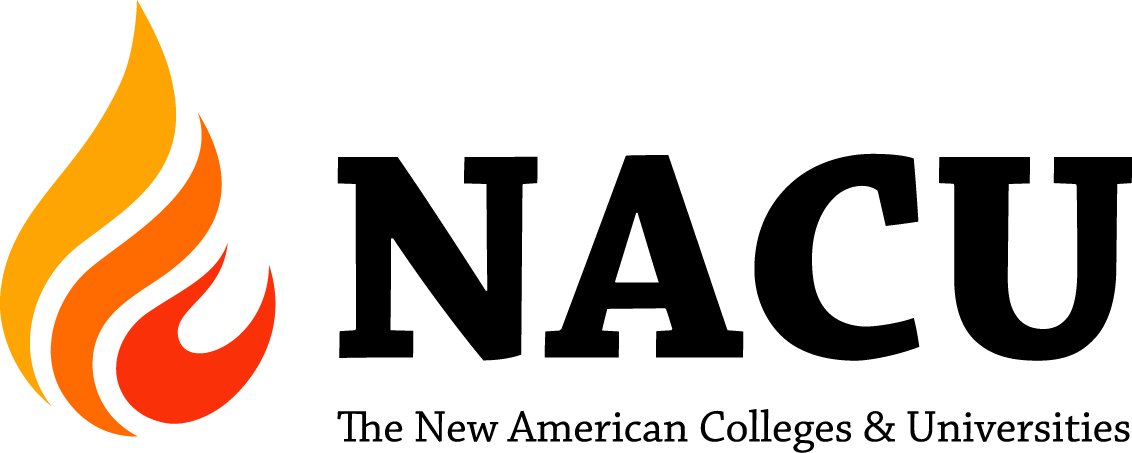The Pressure to Measure Success
/This week, our students start the first week of their internships, bookended by two civic events: the birthday of Martin Luther King, Jr. and the inauguration of our forty-fifth President. It is an interesting juxtaposition because of just how far our culture has extricated professional success from one’s success as a citizen or member of a community.
That statement is perhaps overblown, but an article from last year has remained in my thoughts months later. Titled “Living in an Extreme Meritocracy is Exhausting,” the article outlines how employees’ performance is increasingly ruled by algorithms, impersonal metrics, and an expectation of perfection. The author outlines how it wasn’t always this way, but that technology, the diminished role of unions, and other factors have created a professional culture that is potentially damaging for both employers and employees — and for our culture and democracy:
When society fetishizes measurement and idolizes individual merit at the expense of other things, however, it reinforces a go-it-alone mentality that is ultimately harmful to . . . egalitarian ideals.
Among the “other things” that are sacrificed in this obsession with individual employee performance is an in-depth analysis of whether the employee is set up for success by the organization itself: is it providing the tools, resources, and environment that allows the employee to succeed?
By “reinforc[ing] a go-it-alone mentality,” this approach not only diminishes other professional skills (like the ability to work as part of a team) that employers say they want in employees, but it also makes individuals their worst critic. Further, it starts early; a dean at Northwestern University discusses how, when he asks students “who their most critical voice is, their answer is almost always ‘myself.’” I think this current approach to evaluation is felt by students early on and reinforces students’ fear of failure that he discusses.
In our orientation last week, I emphasized to our students that they need to remember that their internships are learning experiences: that their hosts expect them to make mistakes, because through mistakes we learn how to improve. In many ways, I wish we could bring some of that approach into the corporate world: I feel like the ideal of perfection they inculcate needs to be tempered with the ideal of trial-and-error for the health of both employees and employers.
Returning to my earlier proposition, I think this approach to employee evaluation ultimately harms civil society: if it is constantly reinforced that we are only successful based on what we do individually, then success as a community — a success that can be messy and compromised, but also ultimately more far-reaching and egalitarian — is regarded as less valuable. It is almost as if we are inverting our nation’s motto of e pluribus unum: rather than out of many, one, we emphasize many, many ones.
In some ways, it is hard for us to go back: we cannot suddenly throw away our phones and robots, for example. However, we can try harder as employees and employers to not make the financial bottom line the only metric we use for success.



